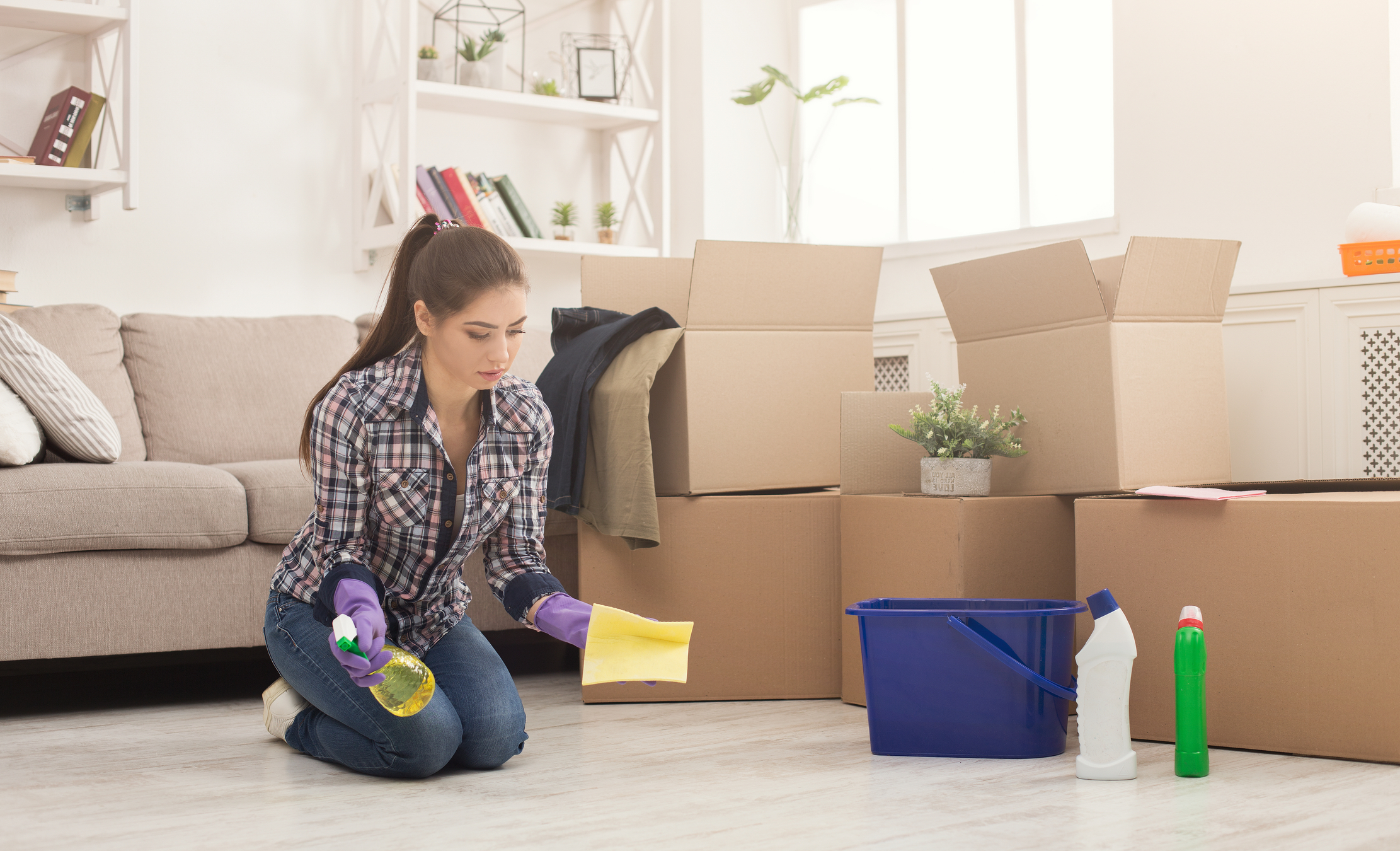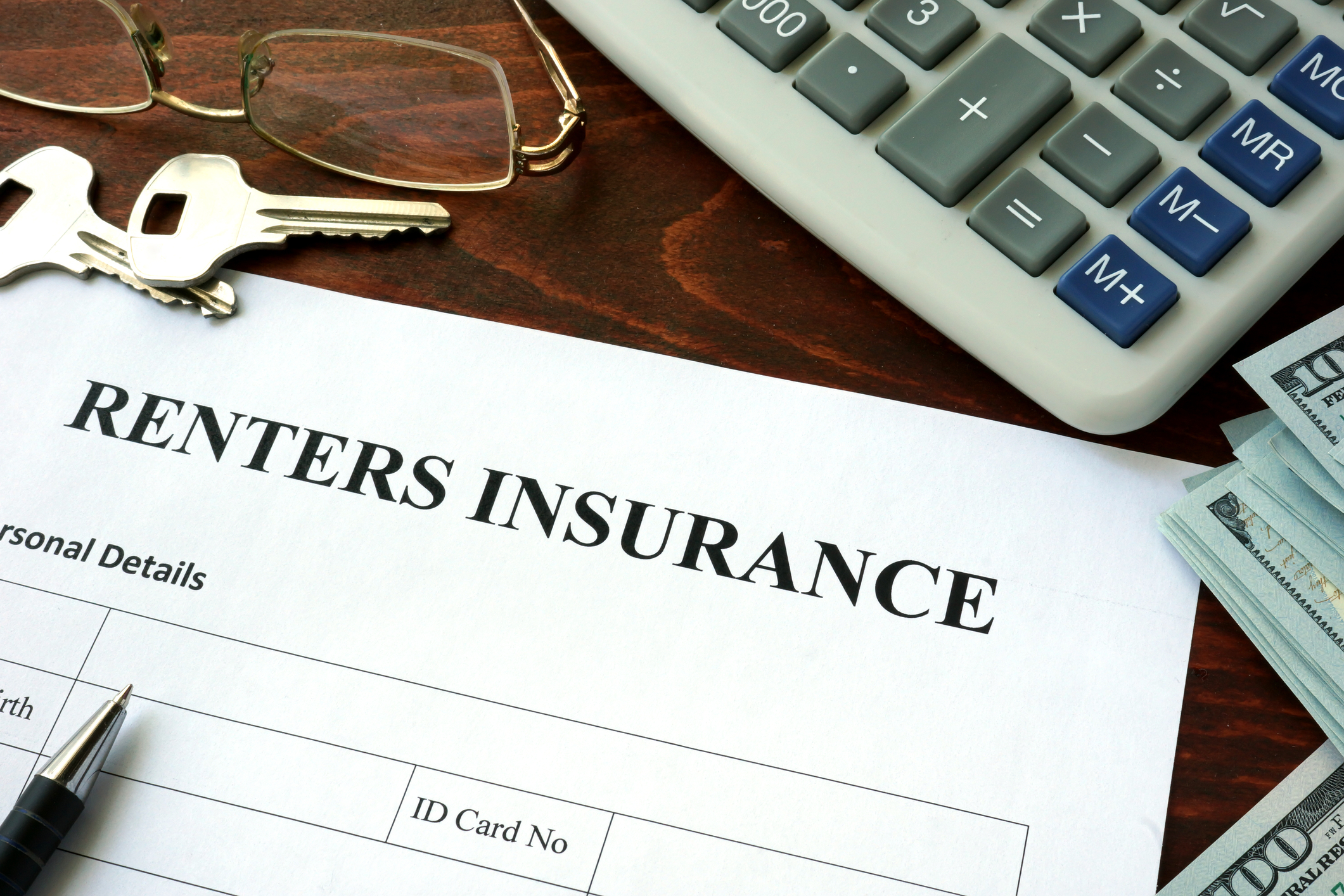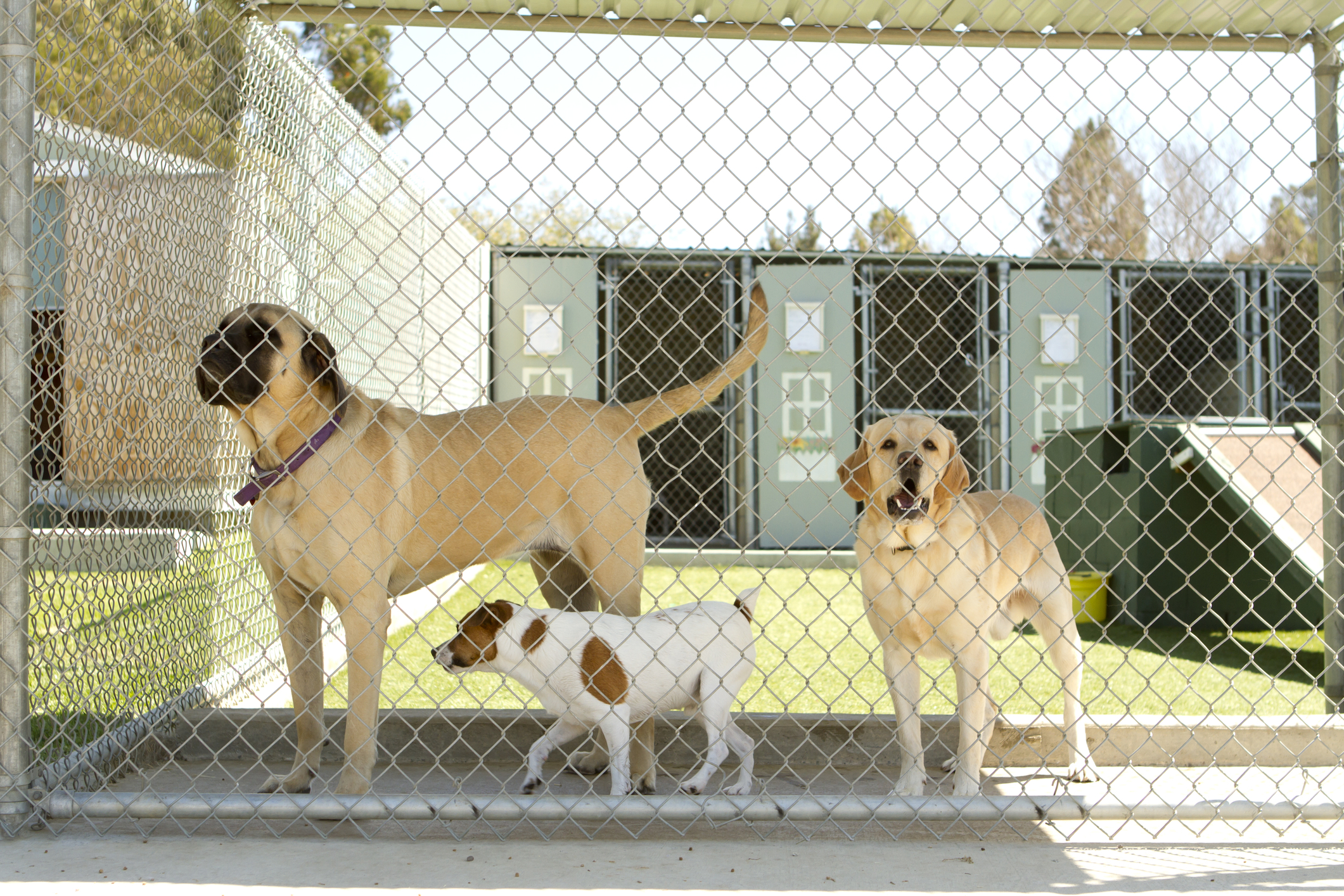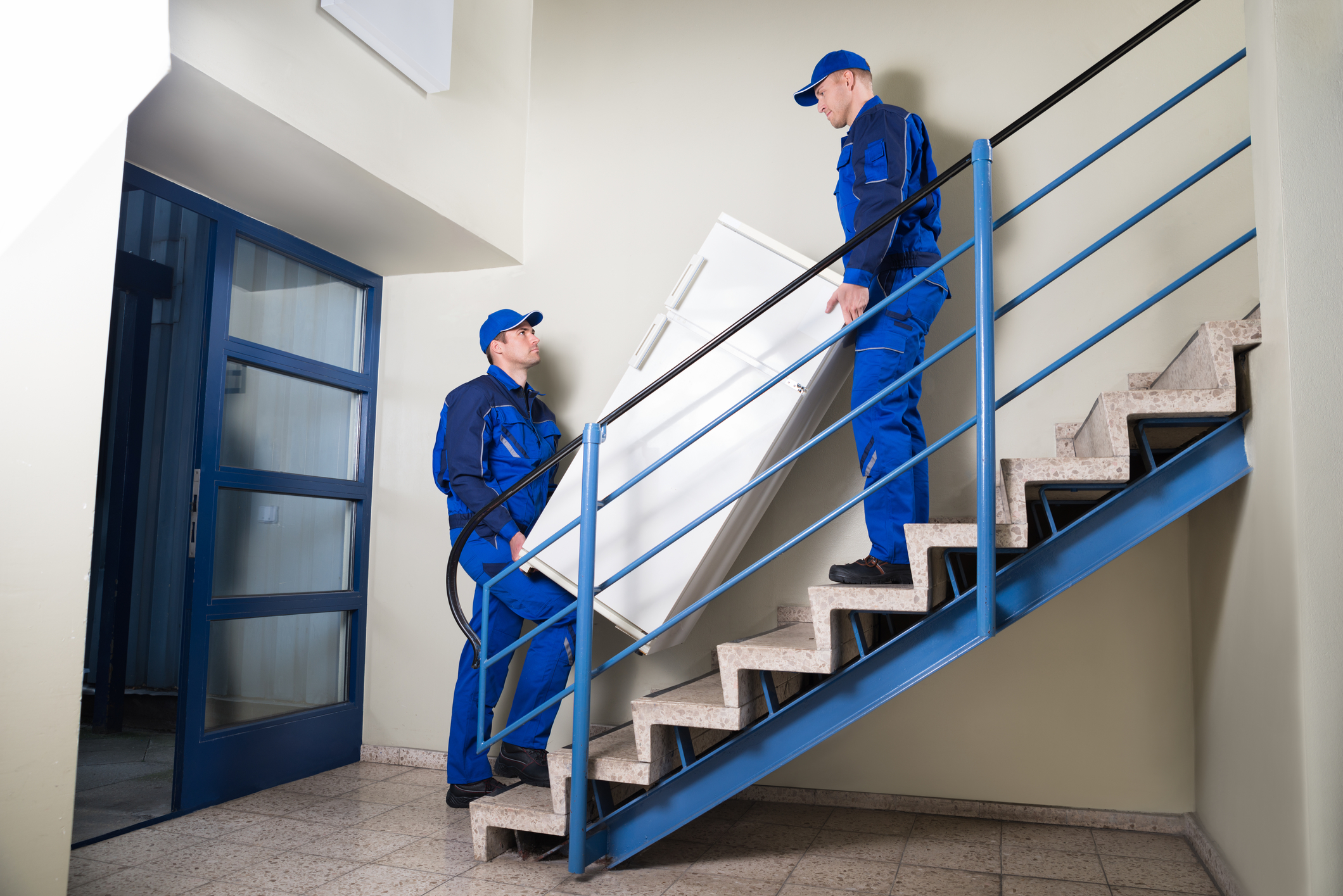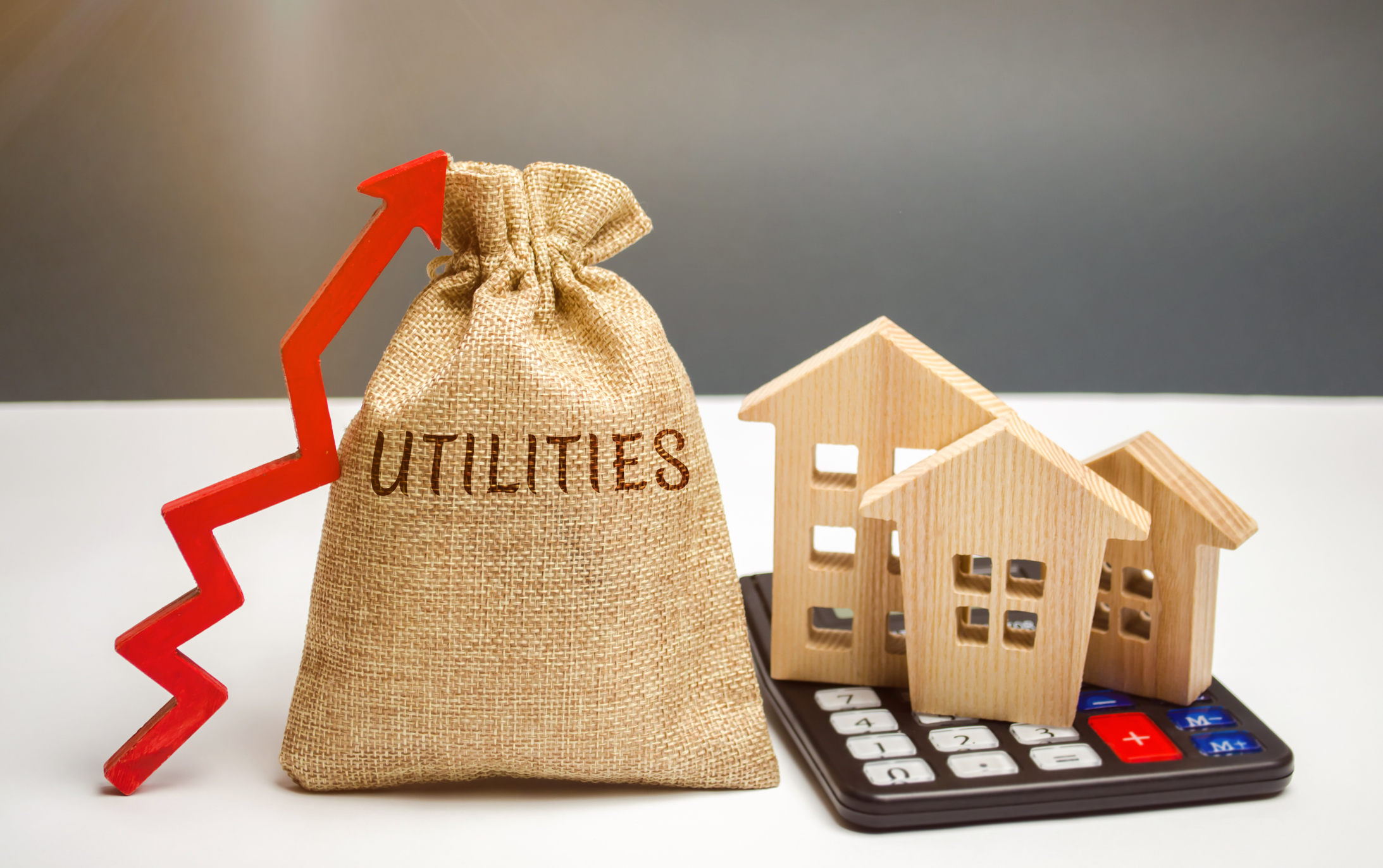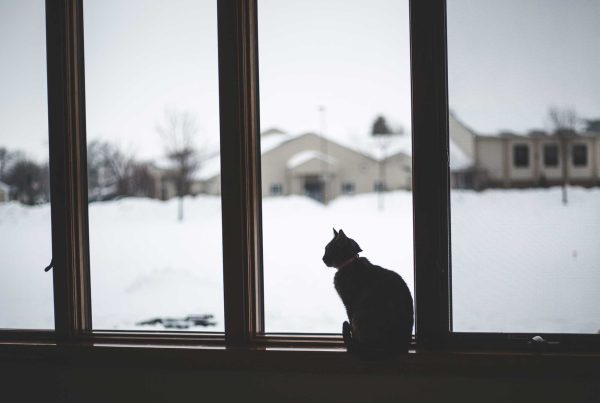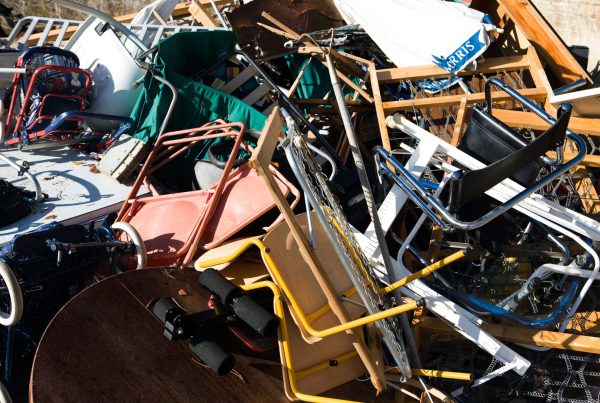Moving into a new apartment can be really, really exciting. It signifies the next stage of your life and usually means you’re moving to a new part of town or to a new city. But even if you’re the perfect tenant and expect to get your entire security deposit back after move-out, there are still a ton of expenses you’ll have to cover before you sign the lease and move into your new pad.
Before You Move In
1. Cleaning your old apartment before you move out
Before you can even get into your new place, you’re probably going to need to spend a little more money on your old apartment prior to move-out. Many landlords require tenants to pay for their apartments to be professionally cleaned before they leave.
Average cost of a professional house cleaning: It depends on the size of your apartment and the amount of cleaning needed, but it usually sets you back between $150-$250.
2. Fees, fees, and more fees
Before signing a lease, landlords usually charge you an application fee. These application fees are used to run a background and credit check on you so they’ll know if you’re a reliable renter.
Average cost of an application fee: Some states regulate how much a landlord can charge for an application fee, but in states where they aren’t regulated you can be charged up to $200 just to apply!
3. Be prepared for the worst with renters insurance
Many landlords and apartment complexes require new tenants to acquire renters insurance prior to moving in. That way, if there’s a fire or another disaster on the property, the landlord won’t be liable if your stuff is damaged. Even if your landlord doesn’t require it, it might be a good idea to invest in it just in case something happens.
Helpful tip: Whenever you’re getting a quote for renters insurance, check to see if your apartment has a fire extinguisher or smoke detectors. If it does, you can usually get a discount!
Average cost of renters insurance: Renters insurance premiums cost around $200 per year. Make sure you shop around to get the best deal.
4. Don’t forget those expensive security deposits!
Before you’re allowed to move in, many landlords require a hefty security deposit. Depending on your credit, and the laws in the state where you’re renting, they range from a couple hundred dollars up to two months’ rent… which is why it’s so important to know exactly how much your security deposit will be before moving in.
It’s not a bad idea to consider the cost of the security deposit when shopping around for a new place. With tons of other moving expenses all at once, it might be better to find a place with a lower security deposit.
Helpful tip: When you’re moving in make sure to take pictures and note any damage that’s already there. When it’s time to reclaim your security deposit you’ll have proof of what was already damaged (if anything) in the apartment.
Average cost of a security deposit: Usually equal to one month’s rent.
5. Plus, last month’s rent!
Similar to security deposits, some landlords require renters to pay last month’s rent before they move in. If they do require last month’s rent, you’ll be paying nearly 3 times your normal rent for the first month, last month, and security deposit.
6. Pet deposits can be ruff (on your wallet)
When you’ve got a four-legged friend, it’s obviously important to find an apartment that’s pet-friendly. However, landlords make you pay for that privilege in the form of a non-refundable pet deposit and sometimes “pet rent.”
Average cost of a pet deposit: Depending on the apartment complex, they can charge hundreds of dollars just for the pet deposit, and between $10-$100 per month for the pet rent. Over the course of a year, pet rent can cost you between $120-$1,200!
For the Move
7. Boarding your pets for the big move can cost you big
Moving all your stuff and furniture into a new apartment can feel crowded enough, but imagine your four-legged friend in all of that hustle and bustle. If you have a pet, consider boarding them during the move so you can ease their anxiety and don’t have to worry about a great escape while the door keeps opening and closing.
Average cost of boarding a pet: Common pricing for a kennel is $25-$45 per night.
8. Professional movers = $$$
If you’ve ever had to move, you know that most movers are super pricey… but doing it on your own also has its drawbacks. If you plan on hiring professional movers for a local move, be prepared to pay per hour. And, if you need long distance movers, it will cost even more depending on the mileage and weight of your stuff.
Other factors to consider are stair fees and tipping your movers. If you’re moving from or to an apartment with stair-only access to your place, be prepared to pay more.
Helpful tip: A good rule of thumb for tipping movers is about $5 per hour per mover. Average cost for hiring professional movers: For a local move, budget for around $90-$120 per hour.
9. Plus, you might need to protect your stuff with movers insurance
If you own any treasured keepsakes, it may be worth purchasing moving insurance before your big move. It ensures your items are safely delivered… but if an accident does occur, you’ll be compensated.
Helpful tip: To give yourself some peace of mind, try keeping items of sentimental or monetary value with you during the move, so you’ll know exactly where it is at all times.
Average cost of movers insurance: The cost of moving insurance is anywhere between a few hundred dollars to a couple thousand, depending on how far you move and how much stuff you’re moving.
10. Do-it-yourself moving means treating your crew for a job well done
Many people decide to forgo the cost of professional movers and move out of their old place and into their new apartment themselves. If you’re planning on handling your own move, be prepared to potentially lose a couple days of work just in case you need to take some time off to get everything together. And if you’re planning on enlisting the help of a couple friends, be ready to treat your buds with some pizza and beer.
Average cost of a DIY move: Budget $20 for some pizza and $10 for a six pack.
11. Crashing at a hotel before moving in
If you’re planning a long distance move, you might need to get a hotel for the first night in your new city. Many complexes require new renters to pick up their keys during office hours, so if you get in after dark they might not be open.
Average cost of a hotel stay: $126 per night
When You Move In
12. Utility companies charge extra to set up your service
Another expense that most renters don’t consider when moving are the start-up costs for utilities. Many times electric, water, and gas companies charge a one-time start-up fee when you first begin service.
Helpful tip: Before beginning service with a utility company, shop around to find the best deal and be sure to check out ways to save on utilities once you start service.
Average cost of utility start-up fees: Check with your utility providers, but start-up fees and deposits can cost you up to $200.
13. Extra amenities means extra fees
Have you ever toured an apartment complex and thought, “wow, these amenities are amazing?” Welllllll, sometimes those amenities you just fell in love with can cost you. Some landlords charge a monthly trash valet fee, while others charge a swooping “amenities fee” to cover all the maintenance and upkeep of all “extras” the complex offers.
Helpful tip: These extra fees are on top of your monthly rent payment, so before signing a lease, be sure to figure out what other monthly fees you’ll be expected to pay.
14. Netflix and chilling ain’t cheap
Before you move in, you’ll need to factor in the costs for cable and internet. Plus, even if you decide to opt-out of cable in favor of Netflix, Hulu, and other streaming services, you’ll still need to factor in those monthly subscription costs.
Helpful tip: If you live in a city or a well-populated area, consider purchasing a set of antennas. Many times bunny ears can pick up stations and usually don’t cost much if you don’t want to pay for cable.
Average cost for cable, internet, and streaming services: Cable/satellite service costs around $100 a month, while the average household pays around $67 per month for internet. Monthly subscriptions for streaming services are around $12 per service.
15. Furnishing and decorating can add up, fast
Once you get to your new place, you might realize that your old furniture doesn’t fit in the space or suit the apartment. Unfortunately, furnishing an entire apartment can be reallllly expensive.
Helpful tip: Instead of paying for all the furniture you need upfront, try renting to own, or shop around on Craigslist for gently used furniture.
Average cost of furnishing an apartment: The cost of furnishing a living room is around $2,200, a bedroom can cost up $3,500 (depending on how nice of a mattress you need), and the kitchen can cost up to $1,400.
16. You might even need to crack open your piggy bank for laundry day
While you were apartment hunting did you notice that not all apartments come with washers and dryers in the unit? Many apartments don’t have them because of the age of the building, and in cities with older apartments and condos, it’s the norm to have a coin-operated laundry center in a common area. No matter your situation, you’ll need to budget for laundry costs – whether that means the cost of supplying your own washer and dryer set or paying to go to a laundromat.
Helpful tip: If you plan on moving soon, try renting a washer and dryer set instead of purchasing a new one upfront.
Average cost of doing laundry: It’ll cost you around $3.12 per load at the laundromat or around $0.97 per load (plus the price of your appliances) to do your laundry at home.
17. Living farther away from work means spending more to get there
Depending on where you move, you might have a longer commute which could end up costing you money. You’ll need to budget for increased gas usage (and higher prices in metro locations) and any commuter fees you might incur – like tolls, bus passes, or subway cards. Putting more miles on your vehicle means you will need to get more frequent oil changes and tire rotations, too.
Average cost of commuting to work: The average cost of an American commute is around $2,600 per year.
18. If you’ve got lots of stuff, you might even need to rent some extra space
After you’re finally settled in, you might realize some of your items don’t fit in your current space. Instead of getting rid of all your extra stuff, you may want to rent a storage unit or rent out extra storage space at your apartment complex – like a garage.
Average cost of renting storage spaces: Storage units on average can set you back around $100 a month, so keep that in mind when you think you can’t part with some of those bulkier items.
19. Plan for at least a couple of grocery store runs to restock your pantry
When you move, you probably won’t be bringing along your stockpile of salad dressings and condiments. So once you get settled (and stop ordering take-out), you’ll need to make a grocery store run to get all of the essentials. We’re talking ketchup, mustard, mayo, coffee, dressings, hot sauce, and more!
Average cost of grocery store run: Depending on the size of your family, plan to spend anywhere between $50-$200.
20. Replacing items that aren’t worth bringing
Chances are that you might not want to hold onto your plunger and toilet bowl brush for your move. Random items you decide aren’t worth bringing along because you know, germs, will need to be replaced when you move. So, make sure you set some cash aside for things like a new broom, plunger, toilet paper, trash cans… you get the gist.
Average cost to replace old items: This all depends on what you bring, but it will probably cost you anywhere from $50 to $250.
21. Park at your own risk. You’re responsible for pricey parking fees.
While parking is free for some renters, others have to pay premium parking fees every month to ensure that they’ve got a spot to park their car. A lot of times these fees are required due to the very limited parking a city or complex offers, so to keep up with the demand an extra fee is needed from renters. Every city is different, so parking fees vary based on where you’re renting.
Helpful tip: If you live in a city with great public transportation, consider going car-less to save some money. And, before renting a parking spot, look around your neighborhood to see if there’s free parking. You might have to walk further, but it could be worth the savings.
Average Parking Rate: Parking can cost over $100 per month and even more in densely populated cities.
22. Keeping your green space looking green
Your landlord may require you to handle seasonal and outdoor expenses. These expenses can include paying for a landscaper, having your lawn mowed, or taking care of winter weather like snow and ice. Be sure to read over your lease so you know exactly what you’re responsible for prior to signing it.
Average cost of seasonal expenses: The average cost of getting your lawn mowed and maintained is around $136.


